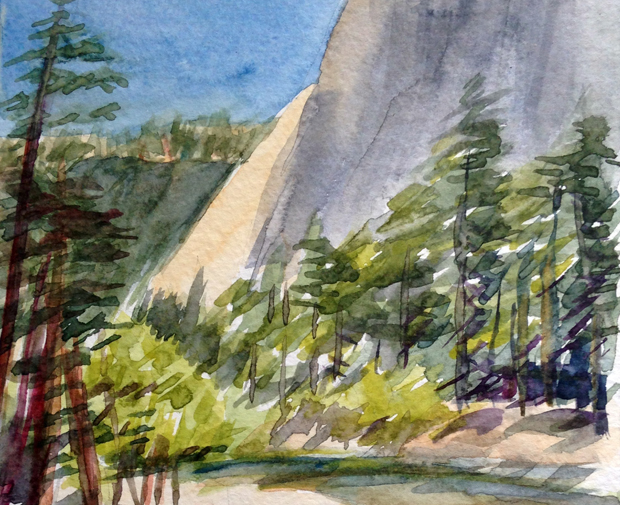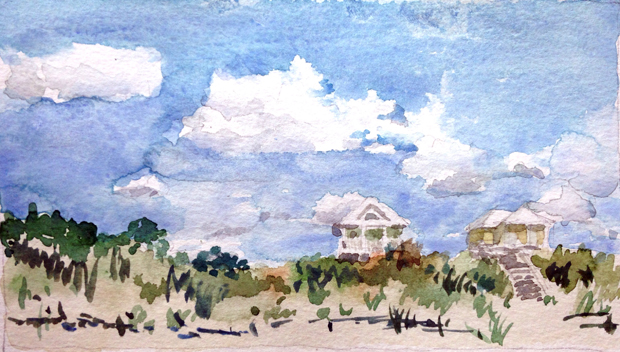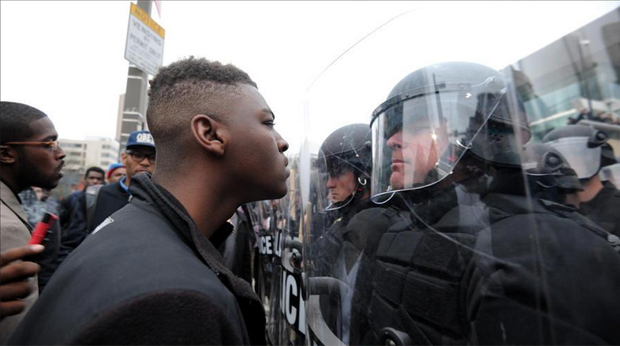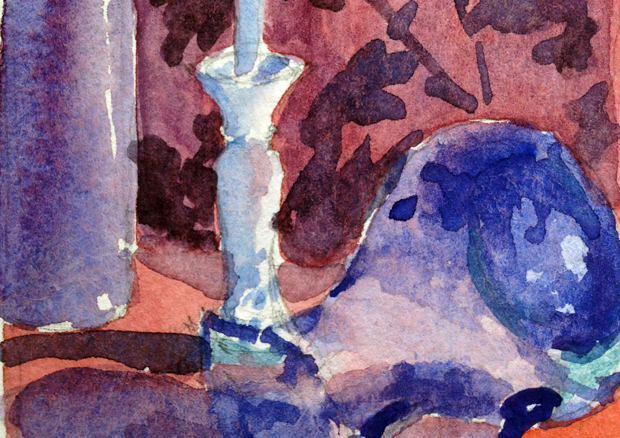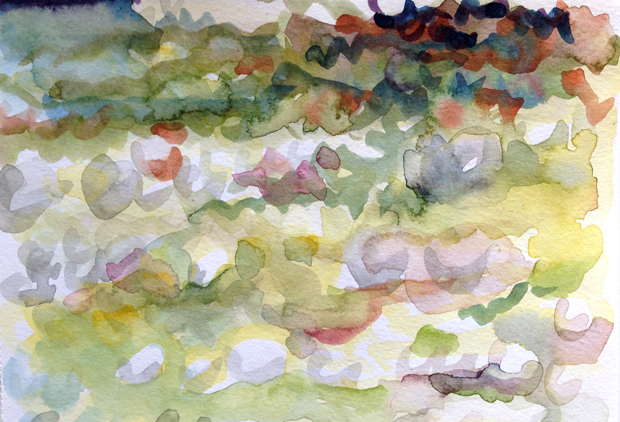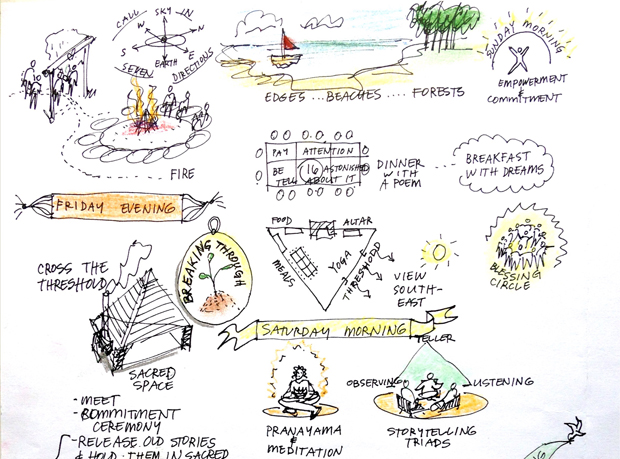“If we approach nature and the environment without this openness to awe and wonder, if we no longer speak the language of fraternity and beauty in our relationship with the world, our attitude will be that of masters, consumers, ruthless exploiters, unable to set limits on their immediate needs. By contrast, if we feel intimately united with all that exists, then sobriety and care will well up spontaneously. The poverty and austerity of Saint Francis were no mere veneer of asceticism, but something much more radical: a refusal to turn reality into an object simply to be used and controlled.”
I’m going to come right out and say it: I am jazzed about the Pope’s encyclical, “Laudato Si,” or in English, “Praise be.” I’m excited that it’s getting so much attention from all quarters, even the Wall Street Journal and conservative talk-show hosts. I haven’t felt this hopeful about the environmental / social justice movement since “Inconvenient Truth” came out in 2006, or “11th Hour” in 2007, or Van Jones’ brief tenure in the White House in 2009. As Paul Hawken observed in his 2007 book, “Blessed Unrest,” this is the largest movement in the world—and it has no leader.
We do prefer charismatic leaders for our big movements. Hawken helped me to see that this one is just too big to have one figurehead. We won’t have our Gandhi or Martin Luther King, because each of us in this movement is part of the earth’s immune response to an infection, a fever. This movement is an entirely decentralized set of self-organizing systems nested within self-organizing systems the way Nature herself works. And that’s as it should be. Still, I admit wishing now and then for someone to come along. Each time it seemed to happen, we were disappointed. Continue reading

